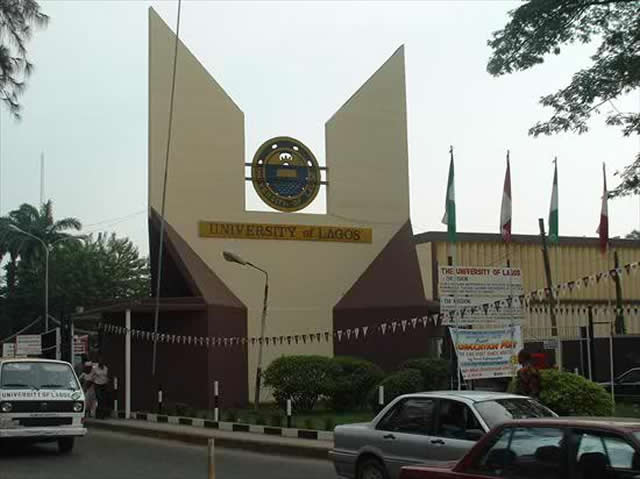By Peter Omopo
Lagos, August 1, 2025 – The University of Lagos (UNILAG) has unveiled a sweeping academic restructuring that includes the creation of eight new faculties and the introduction of several cutting-edge programmes aimed at meeting the demands of a rapidly evolving world.
The development, announced in a statement published on the university’s official website on Friday, sees the unbundling of six existing faculties into more specialized academic units. With this move, the number of faculties at the university has increased from 12 to 19.
According to the statement, the newly established faculties include:
- Faculty of Architecture
- Faculty of Basic Clinical Sciences
- Faculty of Communication and Media Studies
- Faculty of Computing and Informatics
- Faculty of Creative Arts
- Faculty of Health Professions
- Faculty of Life Sciences
- Faculty of Physical and Earth Sciences
These were previously housed within the broader faculties of Arts, Basic Medical Sciences, Clinical Sciences, Environmental Sciences, Sciences, and Management Sciences.
The university also announced the launch of new departments and academic programmes under these faculties. These include Interior Architecture and Design, Landscape Architecture, Public Relations and Advertising, Journalism, Broadcasting and Media Studies, Music and Sound Production, Intelligent Systems and Robotics, Cybersecurity, and Software Engineering, among others.
“In our continuous drive to expand knowledge, foster innovation, and prepare students for the evolving future, UNILAG has unbundled some of our previously broad faculties to establish new faculties and programmes,” the statement read.
The university emphasized that this restructuring is part of a broader strategy to deepen expertise, inspire creativity, and produce future-ready graduates.
“With this bold step into the future, UNILAG will be shaping thinkers, creators, leaders, and change-makers who will take on the world with knowledge and compassion,” it added.
UNILAG called on stakeholders, partners, and the public to support and engage with its new direction, promising that the restructuring would further solidify the institution’s reputation as a hub for academic excellence and innovation.

